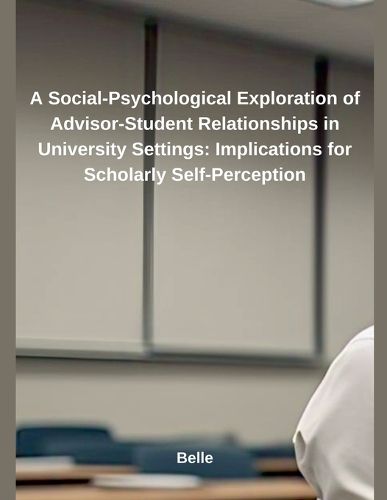Readings Newsletter
Become a Readings Member to make your shopping experience even easier.
Sign in or sign up for free!
You’re not far away from qualifying for FREE standard shipping within Australia
You’ve qualified for FREE standard shipping within Australia
The cart is loading…






This title is printed to order. This book may have been self-published. If so, we cannot guarantee the quality of the content. In the main most books will have gone through the editing process however some may not. We therefore suggest that you be aware of this before ordering this book. If in doubt check either the author or publisher’s details as we are unable to accept any returns unless they are faulty. Please contact us if you have any questions.
We live in an age of incentives. The transactional nature of human response to incentives has infiltrated every realm of the society. Actions are understood in a simplistic fashion, as incentivized. Behavior is comprehended as a product of reinforcements, which reward socially desirable behavior and punish undesirable behavior. Underlying motivation is assumed to be a unitary concept, where actions are driven by a desire to gain, or an expectation of yielding something 'fruitful'. Overall, human behavior has been subject to stringent assumptions, which simplify modelling of human behavior and empirically verify testable hypotheses based on these assumptions. Two disciplines which reaped the benefits of modelling human behavior in such a fashion are economics and psychology. Prebehavioristic psychology had a foot in two domains. It looked for and found the subject matter of study in physiological and extended physical world, but attempted to explain this behavior with the help of states of consciousness and the world of thought, which was not as tangible and which could not be verified to be as concrete as the experience it was trying to explain. There was an epistemological ambiguity where the answers to questions about physiological processes were explained in terms which belonged to a world which was different as compared to the world where the problem originated. Behaviorists found the solution to resolve this epistemological ambiguity by resorting to find answers to physiological questions in the physical world itself.
$9.00 standard shipping within Australia
FREE standard shipping within Australia for orders over $100.00
Express & International shipping calculated at checkout
This title is printed to order. This book may have been self-published. If so, we cannot guarantee the quality of the content. In the main most books will have gone through the editing process however some may not. We therefore suggest that you be aware of this before ordering this book. If in doubt check either the author or publisher’s details as we are unable to accept any returns unless they are faulty. Please contact us if you have any questions.
We live in an age of incentives. The transactional nature of human response to incentives has infiltrated every realm of the society. Actions are understood in a simplistic fashion, as incentivized. Behavior is comprehended as a product of reinforcements, which reward socially desirable behavior and punish undesirable behavior. Underlying motivation is assumed to be a unitary concept, where actions are driven by a desire to gain, or an expectation of yielding something 'fruitful'. Overall, human behavior has been subject to stringent assumptions, which simplify modelling of human behavior and empirically verify testable hypotheses based on these assumptions. Two disciplines which reaped the benefits of modelling human behavior in such a fashion are economics and psychology. Prebehavioristic psychology had a foot in two domains. It looked for and found the subject matter of study in physiological and extended physical world, but attempted to explain this behavior with the help of states of consciousness and the world of thought, which was not as tangible and which could not be verified to be as concrete as the experience it was trying to explain. There was an epistemological ambiguity where the answers to questions about physiological processes were explained in terms which belonged to a world which was different as compared to the world where the problem originated. Behaviorists found the solution to resolve this epistemological ambiguity by resorting to find answers to physiological questions in the physical world itself.